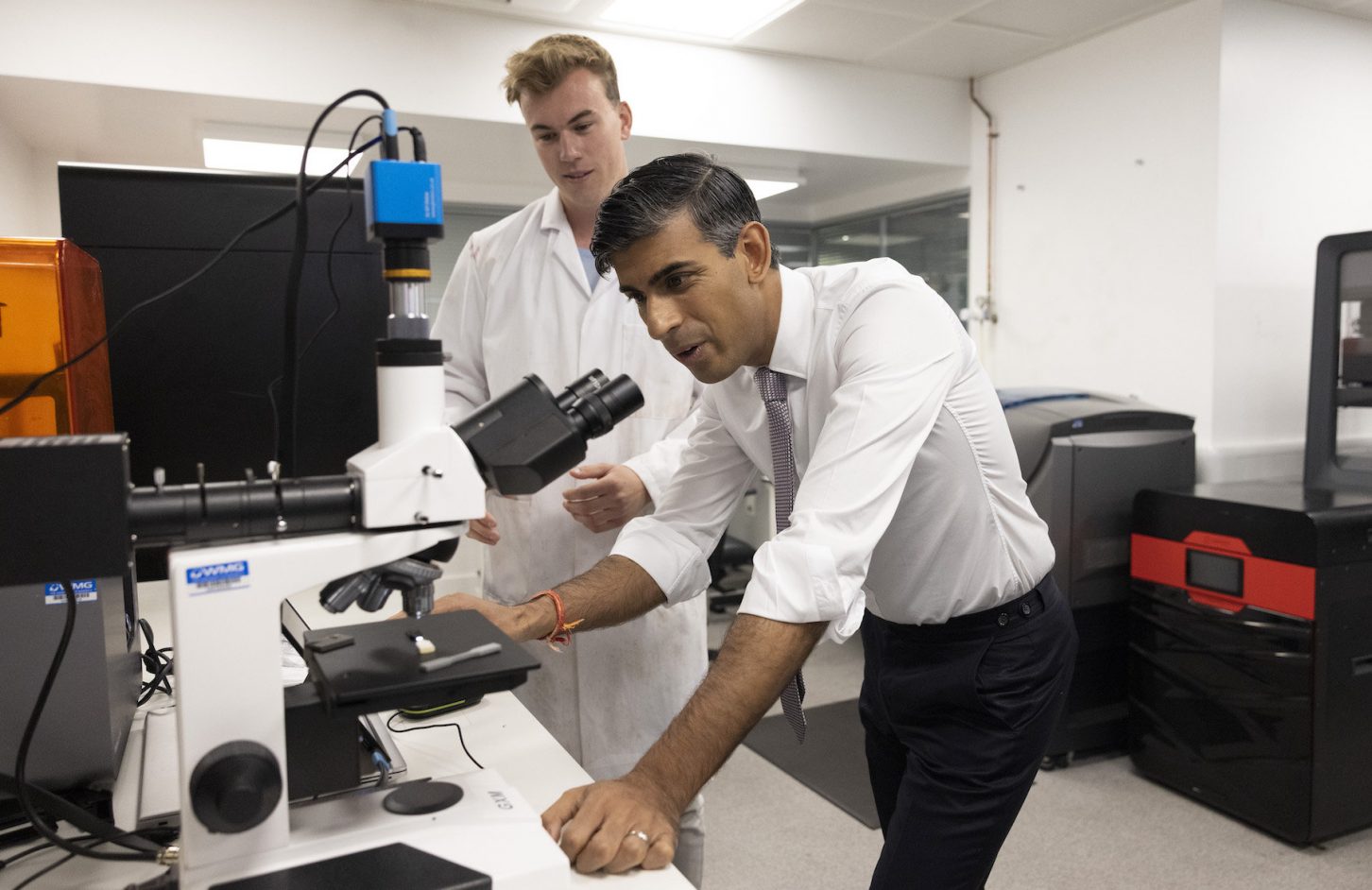Albert Einstein single-handedly developed the theory of relativity. Galileo revolutionised our understanding of the universe by inventing the telescope on his own. And Marie Curie, virtually alone, pioneered the discovery and use of X-rays. These individuals did incredible things for science – a while ago.
Science is a different type of enterprise today. It’s dependent, to its core, on international collaboration. One scientist, research department, or even country can’t work out how to use nuclear fusion as a source of low-carbon electricity, solve quantum field theory, or develop a cure for cancer without unmarred access to the international scientific ecosystem.
Many people from across the scientific, business, and political spectrums have thrown their hats in the air to celebrate our rejoining of Horizon Europe as if it’s a problem solved. But it’s too late and not enough....

